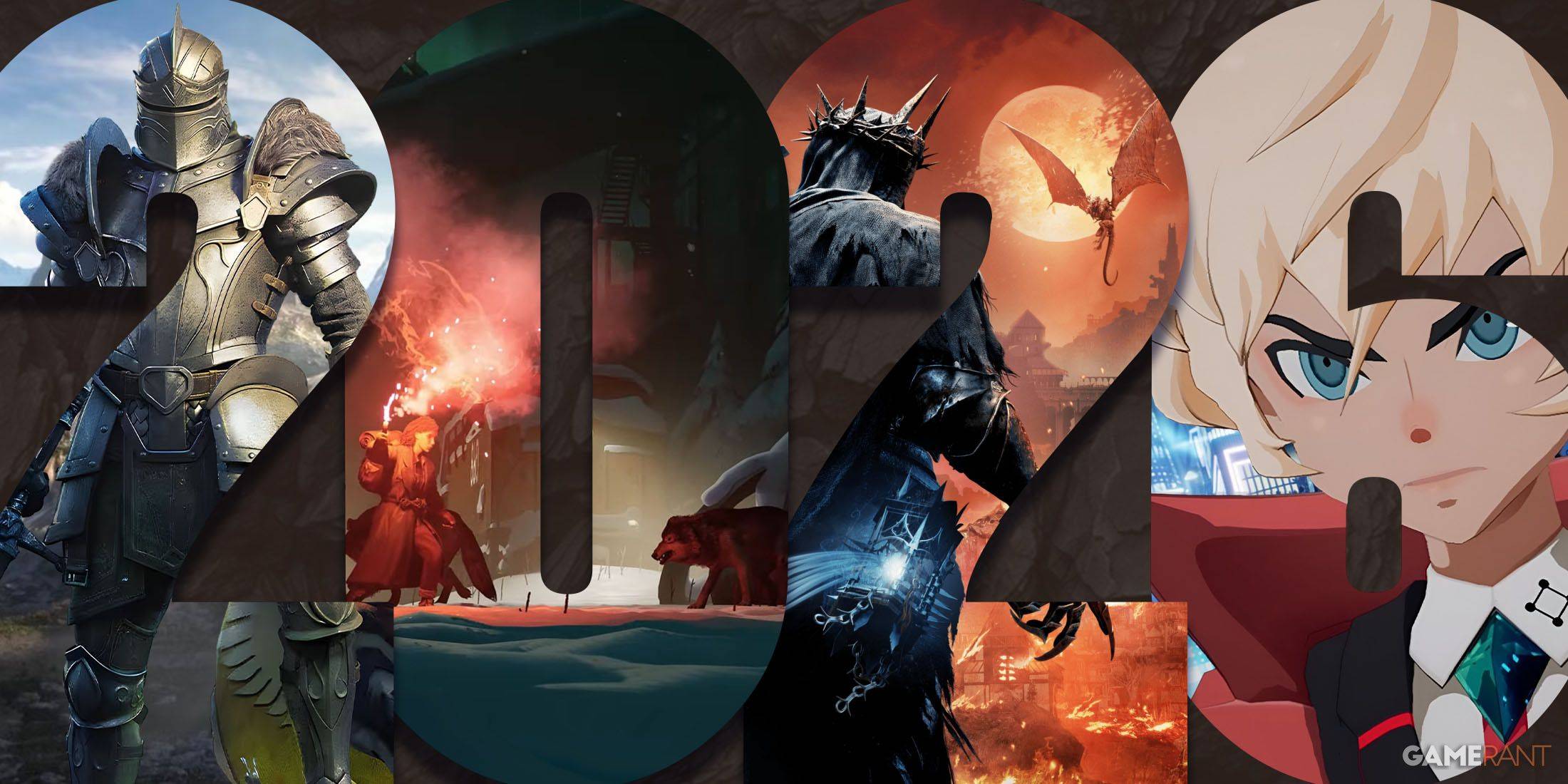Fortnite's Walking Dead Game: A Game-Changing Move for Developers
The gaming industry has faced significant challenges in recent years, marked by layoffs, studio closures, and a drying up of funding. Enrique Fuentes, CEO and co-founder of Teravision Games, felt the impact of these issues firsthand when his team launched Killer Klowns From Outer Space, an asymmetrical horror game inspired by the 80s film. Despite the game receiving positive reviews, with IGN rating it a 7 and praising its entertainment value akin to the original movie, and garnering hundreds of thousands of views for its trailers, Teravision found themselves in a precarious position post-launch.
Fuentes reflects on the industry's struggles, noting, "As you know, 2024 was a pretty tough year for the whole industry. So it was a little bit slow for us to close our next project." Despite collaborations with major companies like Disney, Nickelodeon, and Xbox, finding a follow-up project to Killer Klowns proved challenging. With time ticking away, Teravision turned to an innovative solution: developing games within Fortnite. Within less than a year, they successfully released three games using Unreal Engine for Fortnite (UEFN), and today they launch their fourth game, Courtyard King, leveraging the official The Walking Dead content pack in UEFN.
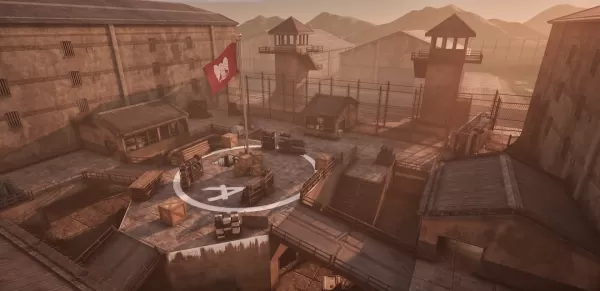 Courtyard King, a King of the Hill style multiplayer PvPvE game, is set in the infamous prison location from The Walking Dead. Developed in collaboration with Skybound, the company co-founded by Robert Kirkman, The Walking Dead's creator, the game uses official assets, including character models of Rick Grimes, Negan, and Daryl Dixon. Teravision went beyond just using assets; they worked with Skybound's writers to develop the game's story and dialogue.
Courtyard King, a King of the Hill style multiplayer PvPvE game, is set in the infamous prison location from The Walking Dead. Developed in collaboration with Skybound, the company co-founded by Robert Kirkman, The Walking Dead's creator, the game uses official assets, including character models of Rick Grimes, Negan, and Daryl Dixon. Teravision went beyond just using assets; they worked with Skybound's writers to develop the game's story and dialogue.
Fuentes explains the shift to UEFN, saying, "Instead of a multi-year project like Killer Clowns From Outer Space, these are projects that we could put together in weeks or months." He highlights the significance of user-generated content (UGC) in the current gaming landscape, especially within platforms like Fortnite. "We have worked with big brands in the past… and UEFN was something that we were experimenting with… but we never imagined that was going to be the route where we’re going to be engaging with a company like Skybound," Fuentes adds. "But I mean, UGC, it’s one of the biggest things in gaming right now."
UGC has become a major trend, with platforms like Roblox already showcasing its potential. However, UGC developed by professional studios is a newer concept, and Fortnite's Unreal Engine 5-based tools have proven ideal for experienced developers like Teravision. "It made sense because we come from an engineering background and it was a platform where we could experiment in and assume some of the risk," Fuentes explains.
Teravision's first foray into UEFN was Havoc Hotel, a roguelike shooter where players fight through a hotel's levels, earning currency to buy more powerful weapons. The initial release was a modest success, paving the way for further development in the series. Havoc Hotel 3 has since become one of Fortnite's most popular games.
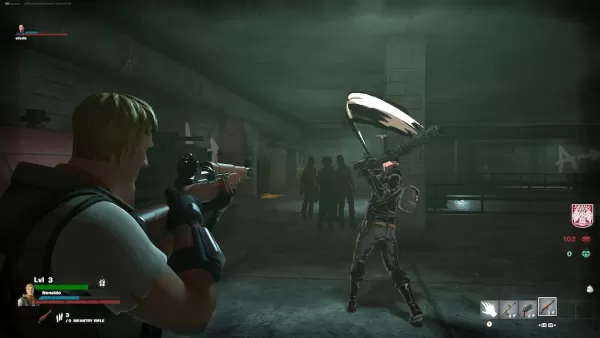 Martin Rodriguez, Teravision's game designer, notes that the transition to UEFN was seamless for the studio, which previously developed Killer Klowns using Unreal Engine. "For us, it just removes some of the work that we would’ve done otherwise and allows us to focus on just making better games and explore different new creative ideas," Rodriguez says.
Martin Rodriguez, Teravision's game designer, notes that the transition to UEFN was seamless for the studio, which previously developed Killer Klowns using Unreal Engine. "For us, it just removes some of the work that we would’ve done otherwise and allows us to focus on just making better games and explore different new creative ideas," Rodriguez says.
While the engineering team adapted well to UEFN's tools, the game design team faced unique challenges. Games like Havoc Hotel started as experiments but evolved into their own entities. Teravision's creative director, LD Zambrano, observed that UEFN games differ significantly from traditional games. "A traditional experience we have had designing other [non-UEFN] games is where players relate through objectives that entice cooperation and competition, right?" Zambrano says. "In [UEFN’s] case, we have found that even though those objectives are still relevant and we still can use that game design sensibility and bring them there, I found that there are a lot of experiences that are very popular within the Fortnite ecosystem that are kind of just context."
Zambrano likens UEFN games to schoolyard play, where spontaneous and seemingly nonsensical games can foster engagement and friendships. This perspective is reflected in Courtyard King, which is designed as an infinite game without a definitive winner. Players can join or leave matches at any time and even switch teams, creating dynamic situations that echo the unpredictable nature of The Walking Dead.
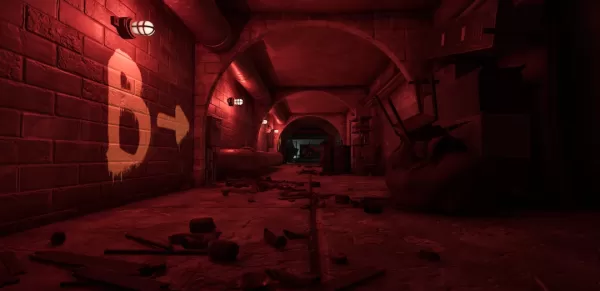 "Players can drop in and drop out whenever they want. They can even change teams whenever they like, which generates situations for betrayals. Maybe you enter a party with your friend, but then in the middle of the match you don’t tell him and change teams. Which is very Walking Dead-like," Fuentes describes.
"Players can drop in and drop out whenever they want. They can even change teams whenever they like, which generates situations for betrayals. Maybe you enter a party with your friend, but then in the middle of the match you don’t tell him and change teams. Which is very Walking Dead-like," Fuentes describes.
For game developers, UEFN presents both opportunities and challenges. It positions them within the ecosystems of larger players like Epic Games and Roblox, but it also allows studios to experiment without exhausting their funds, while tapping into a vast player base and major IPs like The Walking Dead. "We can actually assume the risk as an indie developer in [UEFN]. Because last year, we couldn’t even think about starting a three-year project. We could do something in a few weeks with a smaller team and that completely changes the paradigm for a new developer," Fuentes says. "This is now a viable model where you can actually support an 80 person studio like we do, and we can assume the risk. It’s something that if you have the right ideas, the right creativity around it, if you understand the market well enough and you have the right thinking, execution becomes possible and it doesn’t take years, it actually takes weeks, maybe months. I think this is a dream come true for indie developers."







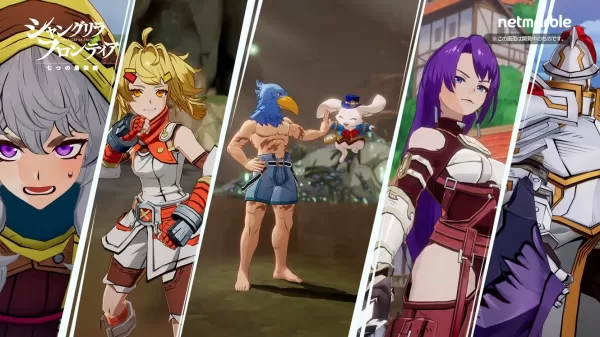
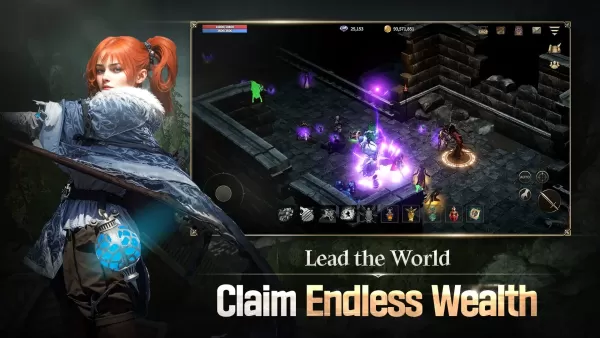
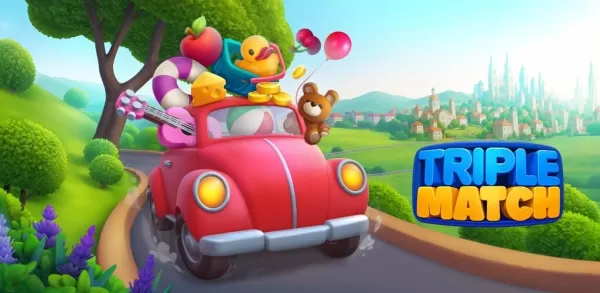
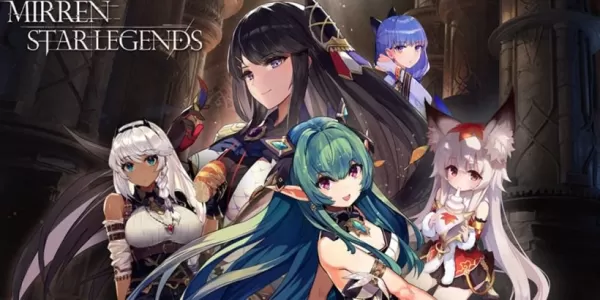
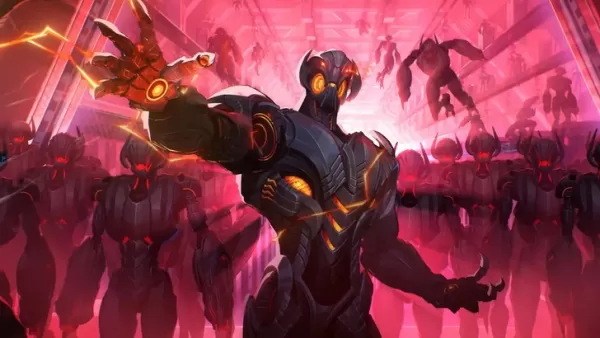


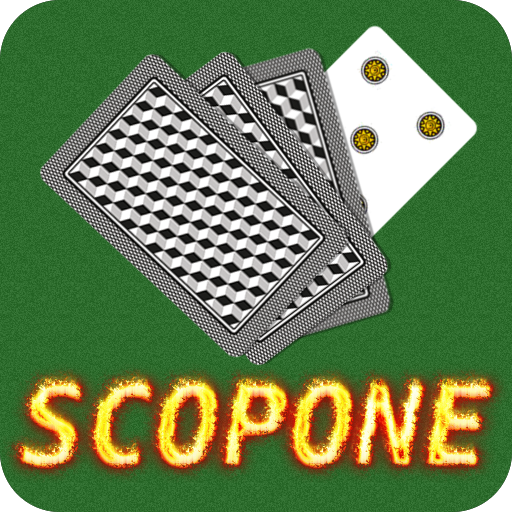






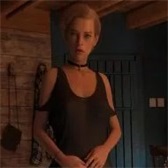
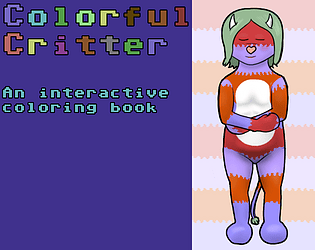
![Salvation in Nightmare [v0.4.4]](https://imgs.21qcq.com/uploads/36/1719555347667e551321c26.jpg)
